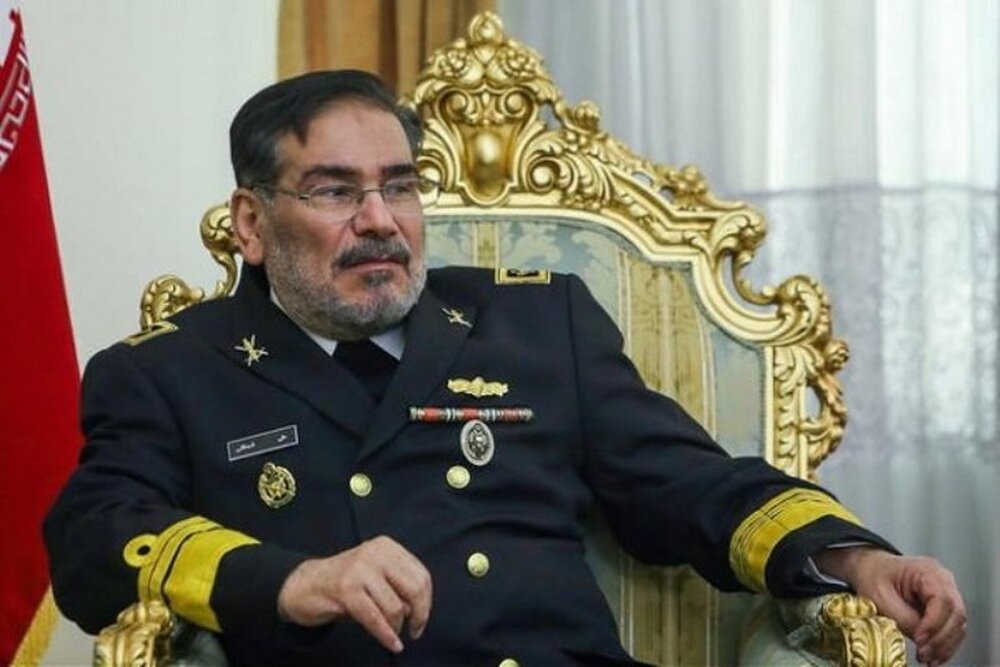Iran assessing new elements bearing on Vienna talks: Shamkhani

TEHRAN – Iran’s top security official has pointed to the positive and negative move by negotiating partner in the Vienna talks, saying that Iran is taking stock of new elements impinging on the talks.
Ali Shamkhani, the secretary of the Supreme National Security Council, said Iran understands the negative move made by the countries participating in the talks.
“The positive and negative moves by the countries participating in the Vienna talks are being made with the aim of securing interests and are understandable. The only factor affecting our interaction with the P4+1 is securing the interests of the people of Iran. Thus, we're assessing new elements that bear on the negotiations and will accordingly seek creative ways to expedite a solution,” Shamkhani said on Twitter.
The tweet came after Russia demanded guarantees from the United States that the sanctions being imposed by the West on Russia over Ukraine won’t impede Russia’s economic and military cooperation with Iran in case the 2015 Iran nuclear deal, officially known as the Joint Comprehensive Plan of Action (JCPOA), is revived.
Russian Foreign Minister Sergei Lavrov said the sanctions the West imposed on Russia over Ukraine will create a problem for the Iran nuclear deal and demanded written guarantees from the U.S. that these sanctions won’t impede Russia-Iran cooperation in case the JCPOA is revived.
“We want an answer - a very clear answer - we need a guarantee that these sanctions will not in any way touch the regime of trade-economic and investment relations which is laid down in the Joint Comprehensive Plan of Action,” the Russian foreign minister said.
He added, “We have asked for a written guarantee ... that the current process triggered by the United States does not in any way damage our right to free and full trade, economic and investment cooperation and military-technical cooperation with the Islamic Republic.”
A senior Iranian lawmaker has said that the Russian demand for guarantees from the U.S. is a “bilateral” issue between Moscow and Washington.
The lawmaker, Abolfazl Amouei, who is a member of the Iranian parliament’s National Security and Foreign Policy, said the Russian demand stems from wider concerns in the world over the U.S. compliance with its commitments.
In remarks to Tasnim News, Amouei said Iran hasn’t put forward a Russian-styled demand on guarantees and “in fact, this issue should be settled between Russia and the United States because it has to do with bilateral issues currently happening between the two countries in Ukraine.”
“Iran has done its utmost to distance the Vienna talks from the ongoing relations in Eurasia, Eastern Europe and the developments in Ukraine. For this reason, Americans must be able to convince all parties of their intentions,” he added.
In a sense, the onus is now on the U.S. to convince other partners to the Vienna talks to proceed with what is taking shape in the negotiations.
According to Amouei, the U.S. track record in not complying with its commitments has aroused concerns in countries beyond Iran. “The fact is that today the concern about the implementation of U.S. commitments is a concern beyond Iran. And various countries are concerned about whether the Americans will live up to their obligations under the agreement if the JCPOA is revived.”
